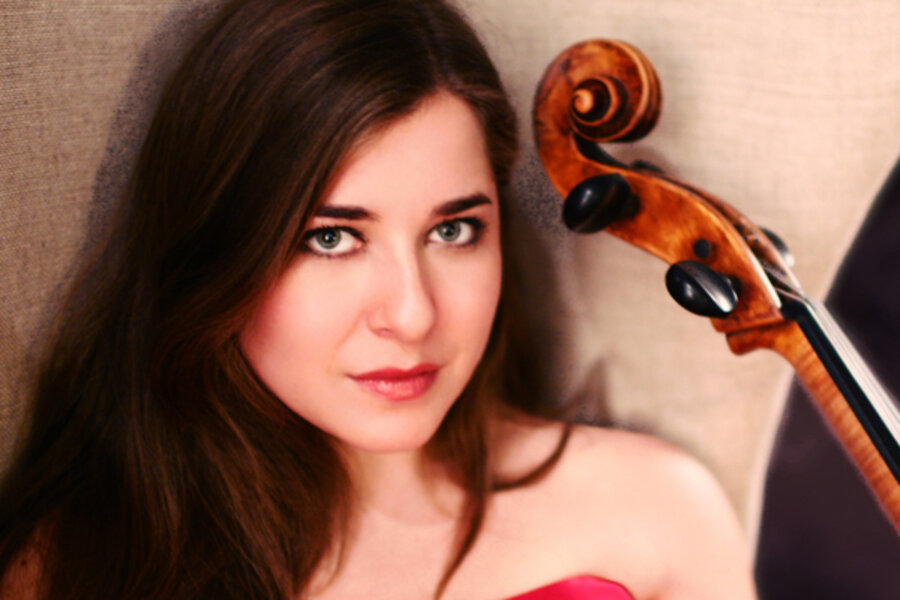When acclaimed cellist Alisa Weilerstein sat down to play a private concert in Baltimore recently, her audience was more restless than normal.
"A lot of them had never seen a full-sized cello before," says Ms. Weilerstein, 29, a 2011 MacArthur Fellow.
Her audience was a group of elementary school children active in a music education program for low-income students in Baltimore. "I've seen firsthand what music education does for children," says Weilerstein. "It focuses them; it raises their IQs; it gives them a sense of achievement and pride."
The American cellist first began working with programs like this one in 2009 while touring Venezuela with the Simón Bolívar Symphony Orchestra. She started volunteering with the El Sistema program, which teaches music in some of Venezuela's poorest neighborhoods.
"Music can reach people. Some say it's a universal language," says Weilerstein. The kids in Baltimore looked at her skeptically when she first arrived at the school, but the moment she started playing, "a door opened," she says. "Music is a medium to reach people regardless of age, background, anything."
Weilerstein comes from a family that could virtually form its own orchestra. Her father is a violinist; her mother, a pianist; and her brother, a violinist and conductor. Weilerstein took up the cello at age 4 and by 13 was performing Tchaikovsky with the Cleveland Orchestra. She wants others to have the same chance.
"Music is the most poignant language that humans have and to get children started with it at such an early age can only create more good," she says.
– Whitney Eulich
Next: Tea Obreht: Bestselling novelist







